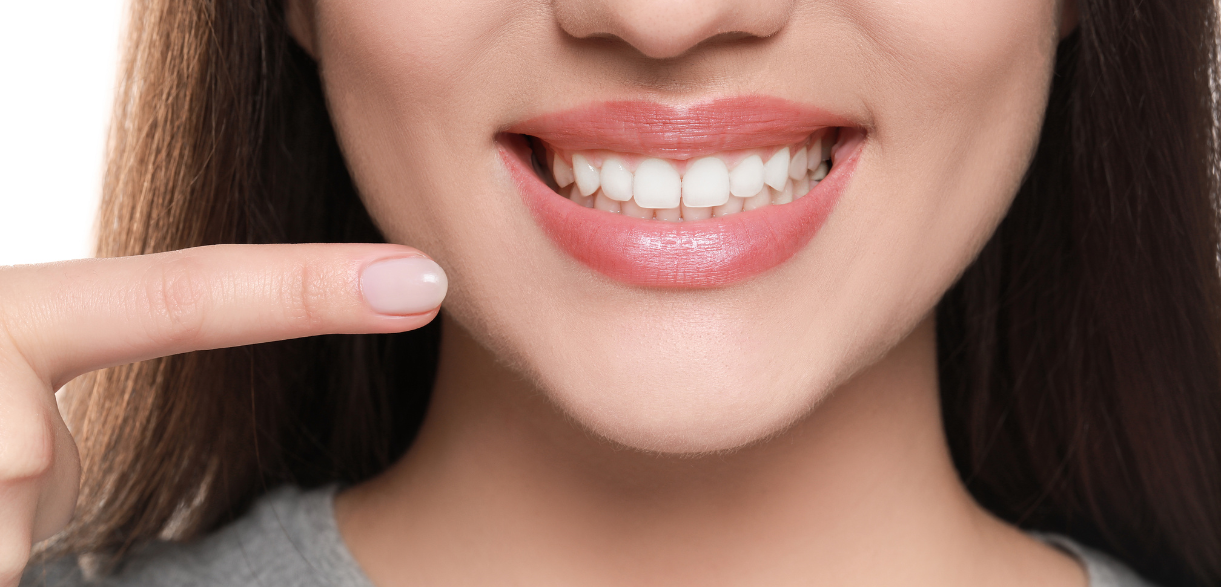New Patients Welcome!

Bad breath, a common but often overlooked concern, can have a significant impact on your oral health and overall well-being. From social embarrassment to underlying dental issues, addressing bad breath is crucial for maintaining optimal oral hygiene.
Let’s explore effective strategies for combating bad breath and preserving your oral health.
Understanding the Culprits: What Causes Bad Breath?
Bad breath, or halitosis, can stem from various factors, including poor oral hygiene, bacteria in the mouth, dry mouth, and certain foods or beverages. Additionally, underlying dental conditions such as gum disease, tooth decay, and oral infections can contribute to persistent bad breath.
Dentist emphasizes the importance of identifying the root cause of bad breath to address the issue effectively. By pinpointing the underlying factors, individuals can implement targeted strategies to eliminate bad breath and promote oral health.
Maintaining Excellent Oral Hygiene: The Foundation of Fresh Breath
Proper oral hygiene practices are essential for preventing and reducing bad breath. Dentist West Palm Beach recommends brushing your teeth twice daily with fluoride toothpaste and flossing daily to remove food particles and bacteria that can cause odor.
In addition to regular brushing and flossing, don’t forget to clean your tongue thoroughly. Bacteria can accumulate on the surface of the tongue, contributing to bad breath. Use a tongue scraper or your toothbrush to clean the tongue and gently eliminate odor-causing bacteria.
Combatting Dry Mouth: Restoring Moisture for Fresher Breath
Dry mouth, or xerostomia, occurs when the mouth lacks sufficient saliva production. Saliva plays a crucial role in washing away food particles and neutralizing acids that contribute to bad breath. Without adequate saliva, bacteria can thrive, leading to foul-smelling breath.
To combat dry mouth and improve oral moisture, Dentist West Palm Beach recommends staying hydrated by drinking plenty of water throughout the day. Chewing sugar-free gum or sucking on sugar-free candies can also stimulate saliva production. In some cases, your dentist may prescribe medications or recommend saliva substitutes to alleviate dry mouth symptoms.
Choosing Mouth-Healthy Foods: Nourishing Your Smile
Your diet can influence the freshness of your breath. Certain foods and beverages, such as onions, garlic, coffee, and alcohol, can leave lingering odors in the mouth. Opt for mouth-healthy choices like fruits, vegetables, and dairy products, which can help neutralize odors and promote saliva production.
Additionally, chewing on crunchy fruits and vegetables, such as apples and carrots, can help cleanse the teeth and stimulate saliva flow. Incorporating probiotic-rich foods like yogurt into your diet can also support a healthy balance of oral bacteria, reducing the risk of bad breath.
Addressing Underlying Dental Issues: Seeking Professional Care
Persistent bad breath may indicate underlying dental issues that require professional attention. The dentist recommends scheduling regular dental checkups for comprehensive oral examinations and professional cleanings. Your dentist can identify and treat conditions such as gum disease, tooth decay, and oral infections that contribute to bad breath.
In addition to routine dental visits, practice good oral hygiene at home and follow your dentist’s recommendations for optimal oral health. By addressing underlying dental issues promptly, you can eliminate bad breath and maintain a fresh, healthy smile.
Don’t let bad breath sabotage your oral health and confidence. By understanding the causes of bad breath and implementing effective strategies, you can achieve fresher breath and a healthier smile. For personalized guidance and comprehensive dental care, schedule a visit with a Dentist today.





